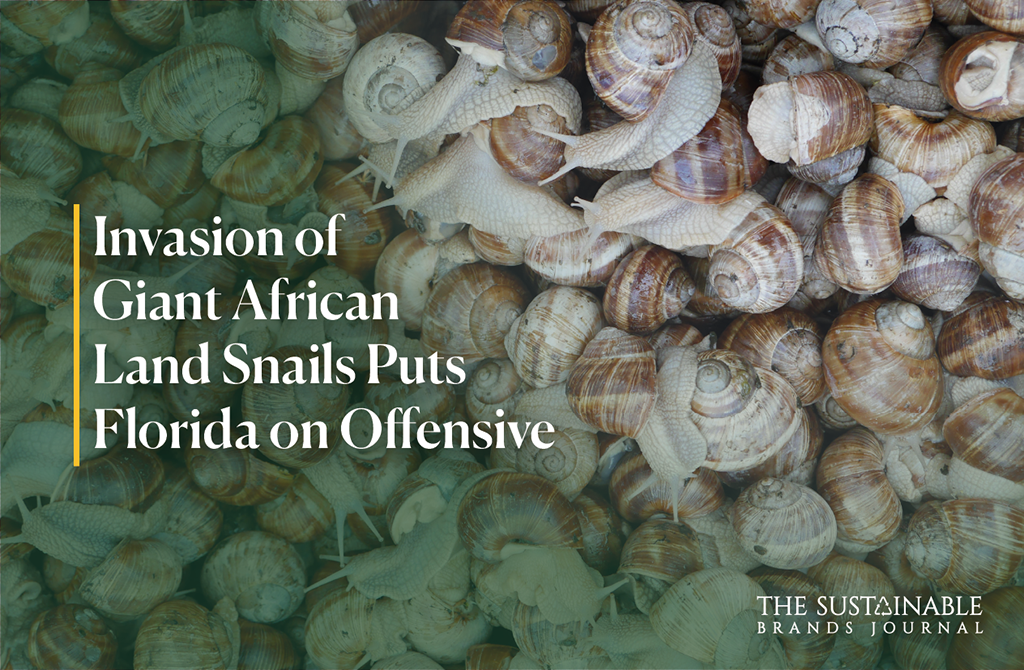
UN sets out plan to reduce plastic waste by 80% by 2040
In a Monday report, the United Nations Environment Programme said that countries can reduce plastic pollution in their country by 80% using current technologies and by making significant policy changes.
Two weeks before the second round of talks in Paris to draft a global treaty to eliminate plastic waste, a U.N. agency based in Kenya released its analysis on policy options for dealing with the plastic waste crisis.
The report focuses primarily on three market shifts that are needed to create a “circular” economy, which keeps manufactured items in circulation for as long as they can: reuse and recycling.
Inger Andersen is the executive director of UNEP. She said, “If we follow these guidelines, including during negotiations on the Plastic Pollution Deal, we can achieve major economic, environmental, and social gains.”
The INC2 treaty negotiations will be held from May 29 through June 2, and should result in important inputs to the first draft of the treaty, which must be completed before the third round in Kenya, in November.
UNEP estimates that government promotions of reuse options such as refillable bottles or deposit return schemes can reduce plastic waste by 30% by 2040.
The report also states that recycling could be increased by 20% if it becomes “a more stable, profitable venture”, and fossil fuel subsidies were removed. It also suggests that replacing plastics like sachets and wraps with compostable products could result in an additional 17% of reduction.
Different countries have adopted different strategies to deal with plastic waste. Some countries that produce a lot of plastic, like the United States or Saudi Arabia, prefer to use a national strategy system.
Some of those who have formed the “High Ambition Coalition” consisting of Norway, Rwanda New Zealand and other countries, as well as the European Union, have called on a top-down strategy where global targets would be set for reducing virgin plastic production, and eliminating fossil fuel subsidies among other measures.
On Tuesday, some environmental activists called UNEP out for encouraging the burning of plastic waste in incinerators or cement kilns to address plastic waste that can’t be recycled. An investigation by Reuters in 2021 found that many of the biggest consumer brands around the world have funded projects for sending their plastic waste into cement kilns.
UNEP stated that given the short time frame between now and the year 2040, it will be necessary to use “sub-optimal” solutions to dispose of this waste. However, further research is needed to assess the impact of increased greenhouse gases or air toxics.
“Not only is this a grave threat to climate change and public health, but it undermines the primary objective of the global treaty on plastics – putting a limit on production.

Prachi, an accomplished Chief-Editor at The Sustainable Brands Journal, has 15+ years of experience in Europe, the Middle East, and India, managing 90+ global sustainable brands. She’s a prolific writer in sustainability, contributing to various publications. Prachi’s unwavering passion and expertise make her a recognized authority, driving positive change and inspiring a sustainable future.





